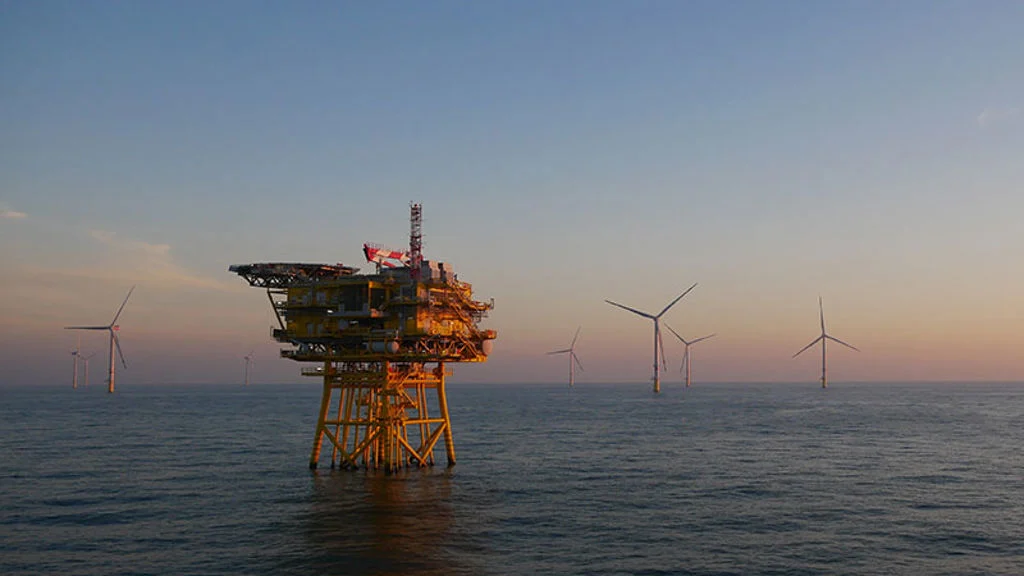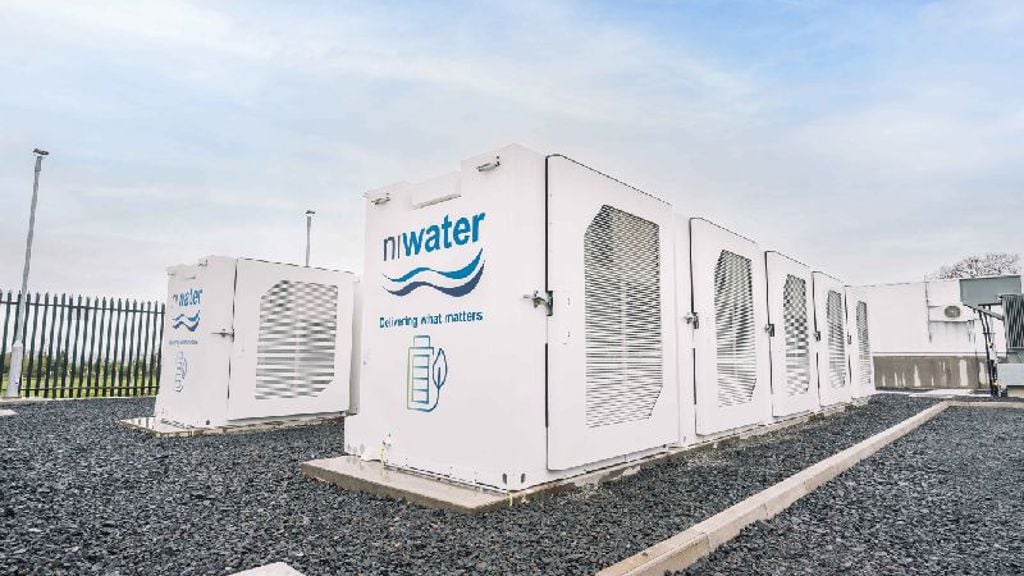Produced from organic waste, biomethane is a renewable gas widely supported across Europe as a key resource in the transition away from fossil fuels. The European Commission's REPowerEU plan targets a biomethane production of 35.000 million cubic meters (bcm) per year by 2030, aiming to accelerate the decarbonisation of the EU’s energy system.
In central Spain, the Biomethane Initiatives Joint Venture, established by Suma Capital and Sitra, has begun constructing the Montes de Toledo biomethane production plant, furthering the EU’s commitment to advancing renewable energy and supporting a sustainable green transition.
As Owner’s Engineer, Arup’s team of project managers, engineers, procurement and cost management specialists, along with health and safety advisors, provided comprehensive support to Biomethane Initiatives JV at every stage. Arup played a key role in planning, design, execution, and management to reduce risk of liability and any potential quality issues, while reinforcing the plant’s long-term viability.
The facility, located in the municipal district of Noez in Toledo in central Spain, spans 12.4 hectares, with four dedicated to biomethane production. This is the first renewable gas plant for Biomethane Initiatives JV, which will recover energy from rom various agricultural and livestock by-products, from cow manure and pig slurry to sewage sludge and waste from nearby agri-food industries.
As the client’s eyes and ears on the ground, our specialists oversaw the project management, procurement and contract management of the biomethane plant. This involved monthly site visits to monitor construction progress, cost and risk impact analyses, supervision of subcontractors, and management of worksite planning. Our focus was on ensuring safe, timely delivery within budget while adhering to industry best practices and all statutory requirements.
The plant is expected to generate 40 GWh of biomethane annually – enough to cover energy consumption of 6,500 households. The plant will also produce 30,000 tonnes of solid fertilizer, preventing the release of 7,280 tonnes of CO₂.







